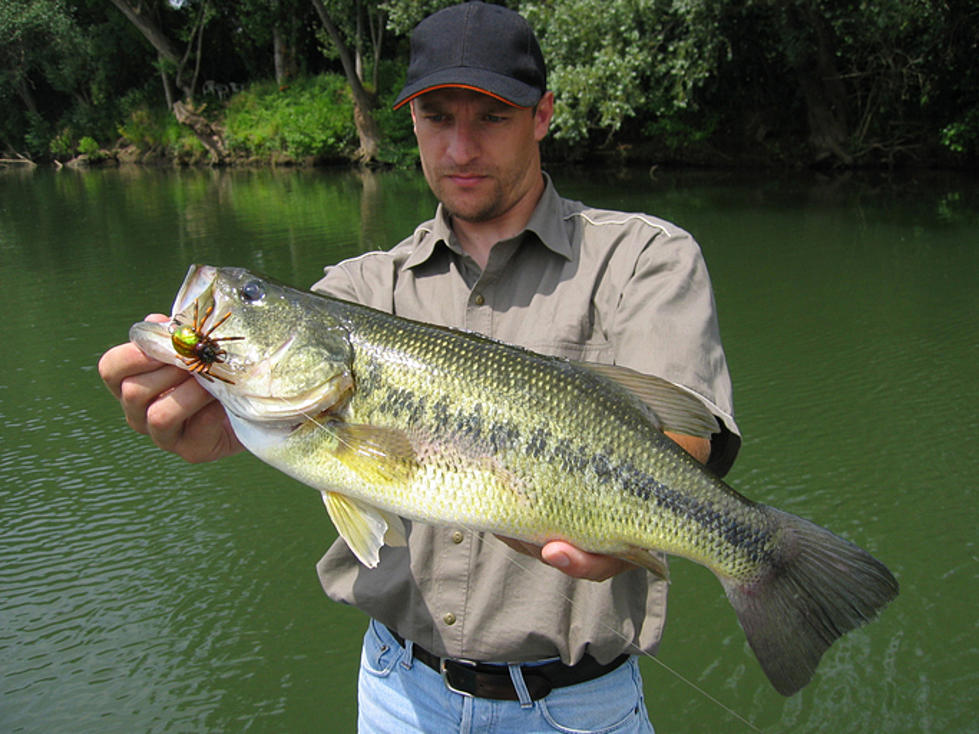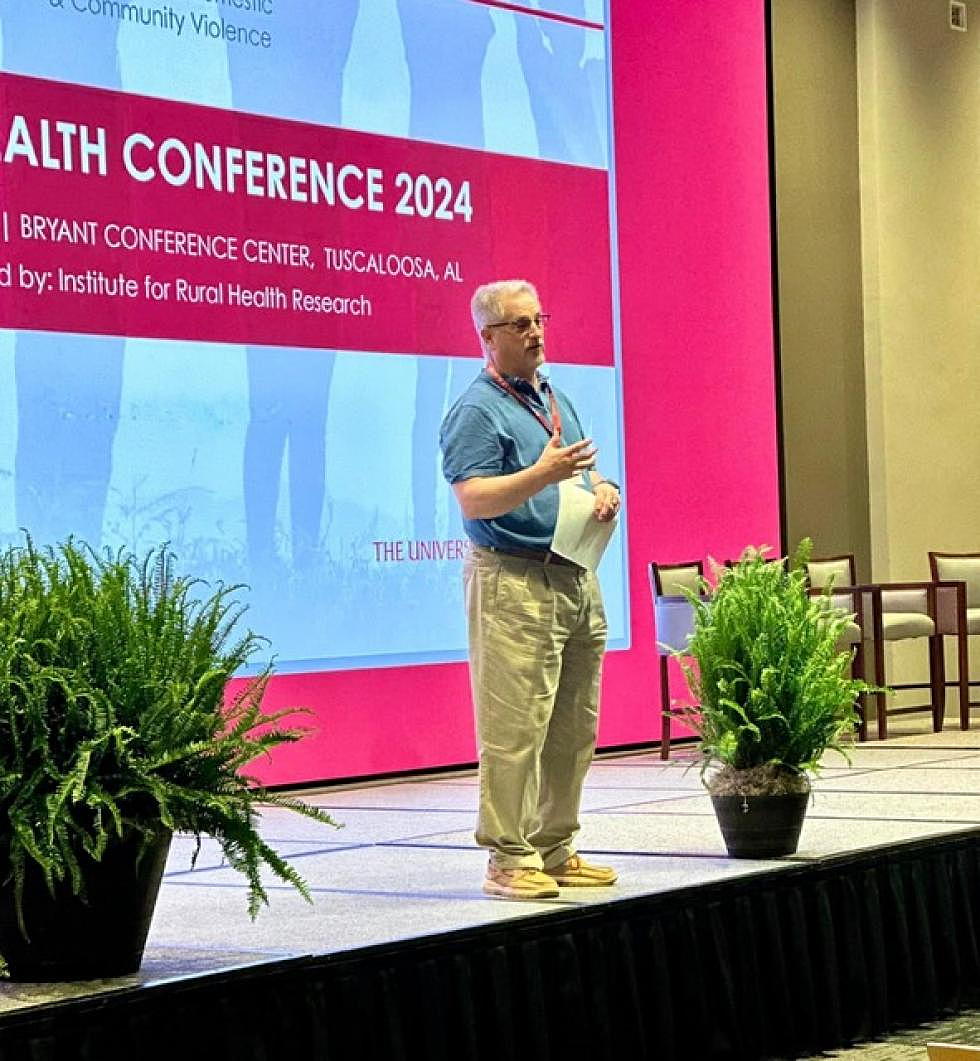
Here’s Why You Shouldn’t Eat the Fish You Catch in Tuscaloosa, Alabama
The Yellowhammer state has some beautiful lakes and rivers. You can enjoy boating, jet skiing, and fishing on some of these bodies of water. The Alabama waterways are important to people, wildlife, business, and recreation.

Many Alabamians might not stop to think about what’s in the water. Outside of the obvious main water ingredient, there are also fish, creatures, vegetation, and more. The “more” part is the certain toxic chemicals that can be found in some of Alabama’s lakes and rivers.
According to the Alabama Fish Consumption Advisories from the Alabama Department of Public Health, “some of these chemicals can accumulate in fish. With some of the chemicals, higher levels of the contaminants can be found in older and/or larger fish.”
The main contaminant in Alabama bodies of water is “Mercury, Polychlorinated biphenyls (PCBs), and Perfluoralkyl sulfonate (PFOS).” The Alabama Fish Consumption Advisories pointed out that “too much consumption of fish with high levels of mercury may lead to heart disease in adults.” PCBs are a man-made compound found in “fluids for electrical transformers and products like cutting oils and carbonless copy paper.” The PCBs risk is about the inability to break down in the environment. PFOS contains fluorine that was phased out in 2002, and “due to its chemical nature, metabolism in the body is very slow. Therefore, it can stay in the body for a long time.”
What does this all mean for fish eaters?
You should stay aware of advisories if you are eating what you catch. A good rule of thumb is to remember that the larger and older the fish, the probability that it has higher toxin levels.
Here are some tips from the Alabama Department of Public Health to help reduce the health risks from contaminated fish.
Do not eat more fish than the advisory recommends.
Eat fish from lakes and rivers that do not have advisories.
Eat smaller fish, OR eat smaller portions of large fish.
Eat different types of fish instead of just one type.
Clean and cook your fish the right way (only helps to reduce PCBs).
Enjoy fishing by catching and releasing the fish instead of eating them.
What if you buy fish?
No worries, the U.S. Food and Drug Administration (FDA) and the U.S. Environmental Protection Agency (EPA) have issued a “national mercury advisory for fish that you buy. The advisory includes fresh, frozen, and canned fish that you buy at a store or restaurant.”
Here are some tips from the EPA and FDA advice for women in the at-risk group:
Do not eat Shark, Swordfish, King Mackerel, or Tilefish.
Eat up to 12 ounces (2 average meals) a week of a variety of fish and shellfish that are lower in mercury.
Check local advisories in your state for fish caught by your family and friends.
Follow the same advice when feeding fish and shellfish to young children; only serve them a smaller portion.
(Source) Click here for more information from the Alabama Department of Public Health.
Here are the Alabama Fish Consumption Advisories from the Alabama Department of Public Health for West Alabama.
Alabama Fish Consumption Advisories for West Alabama
Alabama Lovers: Check Out These 15 Dazzlingly FREE Phone Wallpapers
Downright Unbelievable Quirky Alabama Town Names
Famous Alabamians from A to Z (Almost)
10 Commandments of Living in Tuscaloosa, Alabama
10 Commandments of Apartment Living in Tuscaloosa, Alabama
Tuscaloosa, Alabama Worst Intersections
More From 95.3 The Bear









